“Crazy” Talk: Why Having a Mental Illness Shouldn’t Be an Insult
In general, I don’t like to correct other people’s language. After all, there can be a real temptation for those of us with the “correct language” to jump on the people with the “incorrect” language.
However, sometimes things get so bad, it’s important to say something. I hear the language of mental illness abused literally every single day. It’s not so much that people use the wrong words. I don’t really care so much about that. If people want to say I have a mental “illness” or “condition” or I’m “differentially minded” whatever, fine. It’s not like I don’t have opinions about this, which I’ve posted here. It’s just that patience is more important that correctness in those cases.
It’s Not Just About Using Naughty Words
Of course, there are a lot of words that are simply dehumanizing and insulting in their own right to those who have mental illnesses. “Crazy”, “lunatic”, “bonkers”, “nuts”, and so forth are words whose function is to dehumanize us and insult us directly. Slate, I think, wins the award on abuse of these words recently, when they called Newt Gingrich “completely bonkers-bananas-barking-bat*** loony tunes”. I’m no a fan of Newt Gingrich, but mind your tongue, Slate.The message is, “you’re a bad person, because you’re like a mentally ill person.”
However, there is a larger problem, which is the use of terms for mental illness as abuse. By this, I don’t mean just directly abusing people with mental illnesses. What I’m talking about is when words like “mentally ill” or “crazy” are used to insult anyone at all. In these cases, it doesn’t matter so much whether or not the person is called “crazy” or “off his medication.” What matters is that being associated with us is considered an insult. The message is, “you’re a bad person, because you’re like a mentally ill person.” That’s not just insulting to their target; it’s insulting to every person with mental illnesses in the world.
Some people genuinely just don’t get it. I’ve been a mental-health blogger for two years now, and I could cite dozens of examples. I’ve seen mayors of cities accuse people of being “off their meds”, and people call cuts to mental health funding “crazy”, without a hint of irony. The problem, as I see it, is that these terms and associations have become so ingrained in everyday speech, that it’s just become a part of how we conceive of the word: mental illness is scary, weird, and dangerous.
People Should Be Proud To Be Associated With Us
It’s not just that we shouldn’t be ashamed of having a mental illness; it’s that we can be proud of how we deal with it.
One of my favourite quotations from the last year was by Joseph Franklin Stephens, a special Olympian with Down’s syndrome. Ann Coulter got it into her head to call President Obama a “retard”, and a lot of people got angry because she used a naughty word. Stephens, though, recognized the deeper problem: it wasn’t so much the word; it was that she was using it as an insult. It would have been almost as insulting for her to have called the president “mentally disabled”.
In response, Stephens said the following:
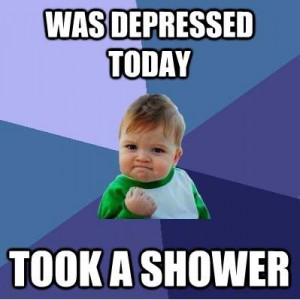 Bam! Now, I don’t have Down’s syndrome, but the point is the same. Stephens was, as far as I could tell, the only person who understood the deeper problem with what Coulter said: so long as people believe that it is shameful for people to have a mental disability, it will be an insult to “accuse” someone of having a mental disability. So, too, for us. So long as it is shameful for people to have a mental illness, it will be an insult to “accuse” someone of having a mental illness.
Bam! Now, I don’t have Down’s syndrome, but the point is the same. Stephens was, as far as I could tell, the only person who understood the deeper problem with what Coulter said: so long as people believe that it is shameful for people to have a mental disability, it will be an insult to “accuse” someone of having a mental disability. So, too, for us. So long as it is shameful for people to have a mental illness, it will be an insult to “accuse” someone of having a mental illness.
But, notice the more subtle point. Stephens is proud of the community of people with mental disabilities. It’s not so much that he’s proud of having a mental disability, but of what his community, especially the overlapping community of disabled athletes, has accomplished.
Our community has a lot to be proud of. Are things harder for us? Absolutely. However, that just gives us more to be proud of. Last week, I put up a meme on the Facebook page that simply said, “Was Depressed Today. Took a shower.” So far, it has 195 likes because, if you’ve ever been depressed, you just get it. Of course, not everything is that difficult. In my experience, things oscillate between being of normal difficulty and being absurdly hard. However, mental illness provides us with unique challenges, and we can be proud of how we deal with them, a topic that I’ve written about before. It’s not just that we shouldn’t be ashamed of having a mental illness; it’s that we can be proud of how we deal with it.
So, What Should We Do?
So long as people think that it is shameful to be mentally ill, it will be used as an insult.
Given how thoroughly ubiquitous all this “mental illness as insult” issue is, what should we do about it? There are a few different options. Generally, these strategies can be divided into three categories:
Option One, Reclaim the Words: One option, which is used by the “Mad Pride” movement of which I wrote critically last year, is to reclaim the words. Since words like “mad” and “crazy” are used to insult us, if we call ourselves those words, they lose their power. I know this could work in theory, but our problem isn’t so much the mean words, but phrases like “looks like you forgot your medication?” or “you need help” don’t have any bad words in them. Our primary problem is that people think it’s an insult just to be associated with us.
Option Two, Correct People: Now, I’ve done this. I did it with that online magazine last week. I think correcting people can be done with a specific group of people: people who know better who slipped, or at least people who should know better, but just aren’t careful about their language. In these cases, I’ll privately ask the person not to do it, and the person usually apologizes (sometimes so profusely that I actually end up kind of consoling them). However, jumping on people for using language in bad ways doesn’t help; people generally don’t change their minds, they just start whispering behind our backs.Option Three, Get at the Prejudice Itself: Ultimately, this is the only solution that will really work. So long as people think that it is shameful to be mentally ill, it will be used as an insult. If this doesn’t get fixed, there will just be a cycle to the next set of “crazy” insults. Maybe the words will hang around with forgotten etymologies, like “gypped” or “paddy wagon,” but they’ll lose their teeth.
So, aside from reminding good-willed people about their language, the solution to mental illness being used as an insult is for people not to think of it as an insult. This means getting at the underlying prejudice. How do we do that? By getting out there, fighting battles against discrimination and for accommodation, and helping other people understand mental illness, and generally letting people know how awesome we are. One we win that battle, and we’re almost there (just a century or so), people will be proud to be associated with us. Insulting us would just be crazy.

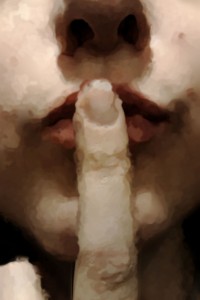
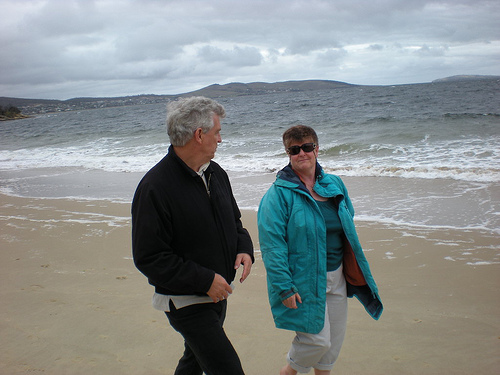
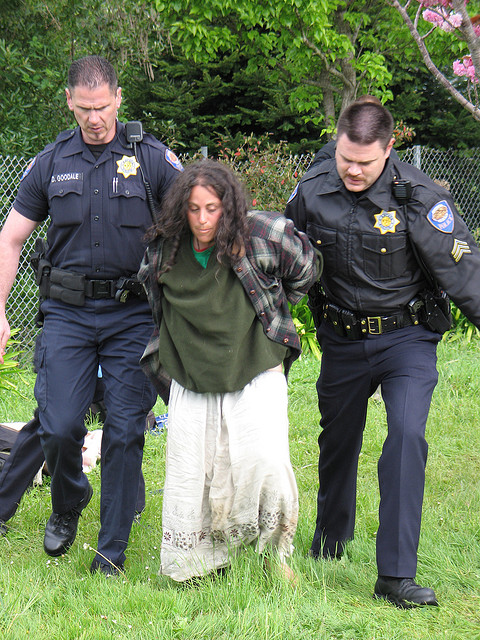
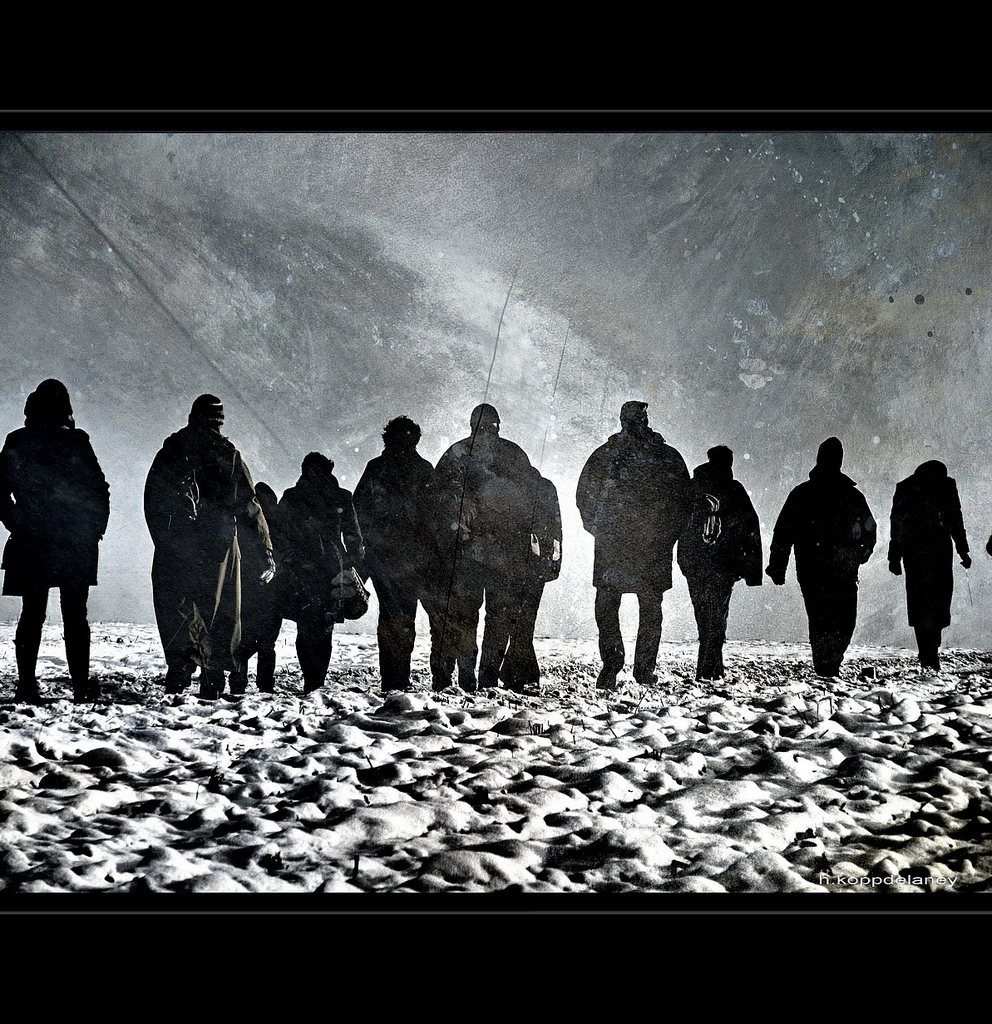
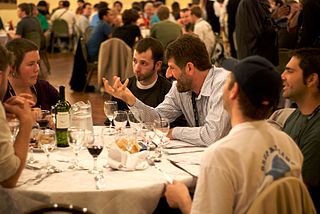

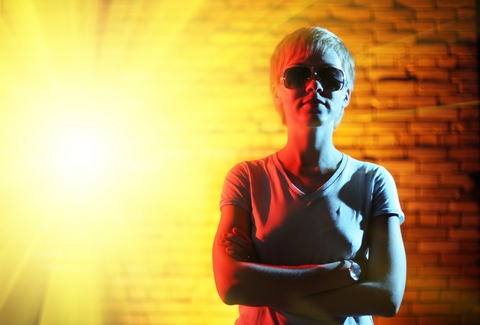

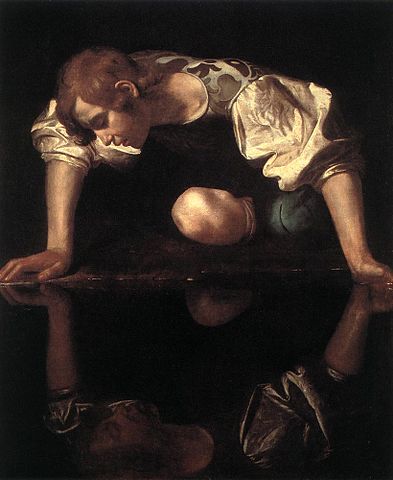

I’ve donated and support R-Word. Spread the word to end the word. I’ve called hundreds of people on it on YouTube or forums I go to. I ask, how would you feel if you had a little brother or sister with severe mental retardation? You see how hard they try and how heartbreaking and unfair it is.
Anything directed at me depends on how the person says it or their expression. But the “didn’t take his meds today” that’s become commonplace is unacceptable. The worst cut of all.
Anne Coulter? Guttersnipe. I can’t think of a person that I dislike more than I dislike her.
Thanks, Phil. Having the mayor of Calgary use the phrase “off his meds” and then just not get it when asked to apologize was really disappointing, to say the least. I admit, I’ve stayed off Youtube lately, though. A lot of those people are just trolls looking for attention.
Hi Daniel…a pleasure to read your Blog this a.m. You’ve written on a subject i’ve had such a difficult time understanding over the past 27 years that I’ve spent in tx for Bipolar Disorder 1. as i’ve moved through (more like bounced back & forth) between denial, anger…acceptance, i have Always chosen to openly share my personal feelings and experiences dealing with my illness with Anyone who’d listen. i have Always believed that it must be a united group of US that needs to stand up and speak out with our own visible faces and voices for any deep change to occur. i am aware some groups exist; it is my style to be proactive rather than “radical” to exact change when attitudes, beliefs and values are concerned.
Until the time that people affected by mental illness choose to mobilize in large numbers and speak out for THEMSELVES, it is difficult for me to believe real change will occur.
You are a credit to bipolar my friend – we are a very special breed and you have what comes with it – GUTS!!!. I for one am proud to be associated with you and your views which have been well thought out and expressed.
Thank you very much, Tim :).
Wow. So, file me away under people who never considered the implications of many of these words. A word like “retarded” seems so obviously offensive to me, but when thinking of a lot of the other phrases — crazy, insane, nuts, “out of your mind” — used say to describe, say, a bad idea, I never noticed/considered how many of them have at least come from something to do with mental illness.
But then I also start to realize… I have hard time coming up with alternative expressions! Even words like “stupid” or “dumb” don’t have a great history… I wonder if part of the option two corrective strategy could be suggesting alternatives.
That’s a good point, Blaise. I’ve been thinking of some alternatives: “absurd”, “ridiculous”, “ludicrous”, and “preposterous” are ones that I’ve come up with. Anyone have any other suggestions?
Hi Daniel!
I’ve read your blog for a while, and I’m bipolar 1 myself. (PTSD, too.) I’ve done a lot of thinking about words that we use (and even mentioned it in one of my own blog posts), but something just struck me.
Some of these words have been a part of our vernacular for so long that they’ve taken on new meanings. When you tell someone, “You’re crazy-take your meds!” you can’t help but perceive the obvious slur against the person.
However, “crazy” isn’t always used in an insulting way, and doesn’t even necessarily denote mental illness anymore- it seems to be evolving into a broader word that could mean something along the lines of “outrageous”. A friend of mine often tells me, “You so crazy!” and I know she doesn’t mean it insultingly- she just means that I’ve said or done something she finds outrageous in a good way. I’ve pushed her boundaries and she’s acknowledging that. I don’t find it insulting. Also, describing an event as “crazy” may not necessarily mean “crazy like a mentally ill person” but something similarly outrageous or even overwhelming…maybe you don’t know how else to describe it. “The lightning storm felled a tree and knocked out our power…it was crazy, man.”
While I very much agree that we shouldn’t use words to describe the mentally ill as insults (the way the words “moron”, “cretin” and others have become, and how the r-word is now), we need to acknowledge that some of these words have been around long enough that they’ve gained new meanings and are a part of our language in a different way. I guess it depends on which words. Where can we draw a reasonable line?
That’s a really good point, Kat, and I’ve worried about it for a while. I do think words “die” and come to mean something else (like “paddy wagon”). I just don’t think “crazy” is at that point yet. It still has the meaning of “insane”, so, if it’s dying, it’s not dead yet.
I guess for me the best part about being bi-polor means I don’t give a crap how people label it. I will correct some-one if I feel they improperly used a specific term, I find none of it offensive, I just shake my head about their lack of understanding and knowledge and their misinformed beliefs. I am not proud to have a chemical imbalance, I never felt myself proud of coping with it either. I just live my days as productively as anyone else and since I have a good life I don’t give a second thought about being bi-polar. Actually it has served me well in many facets of my life. Just saying…….
That’s a healthy way of looking at it, Debbie. As someone writing a blog on bipolar disorder, I need to be engaged, but I know it’s not for everyone. At some point, detachment takes over.
I agree with the inappropriate comments about med. My boss introduced me to my new office mate “this is chelsey, she is crazy , OCD and needs to up her meds” i was mortified. Once im comfortable i will discuss, but that was just not his place to say and was hurtful. We got out charity LIPF.org to be an official partner for the TD 5boro ride this year, and once gain this baby bi-polar bear will be pedaling in honor of my loss of my sweet david and to raise awareness and stop the stigma. leaving my house is an accomplishment.
That’s terrible, Chelsey. When that sort of thing happens, you can write it down verbatim with time and date, and then later bring it to a lawyer or a union, in case you want to bring forward an harassment complaint.
I had a look at LIFP, and I really appreciate your work. Suicide strikes kills so many people with mental illnesses, and groups like LIFP are incredibly important. Their video is below:
This is the best article I’ve ever read about having anything to do with Bipolar Disorder! In fact I am going to send it to all of my loved ones that, like many, “just don’t get it”! Thank you for helping me help them!
You’re welcome, Wendy!